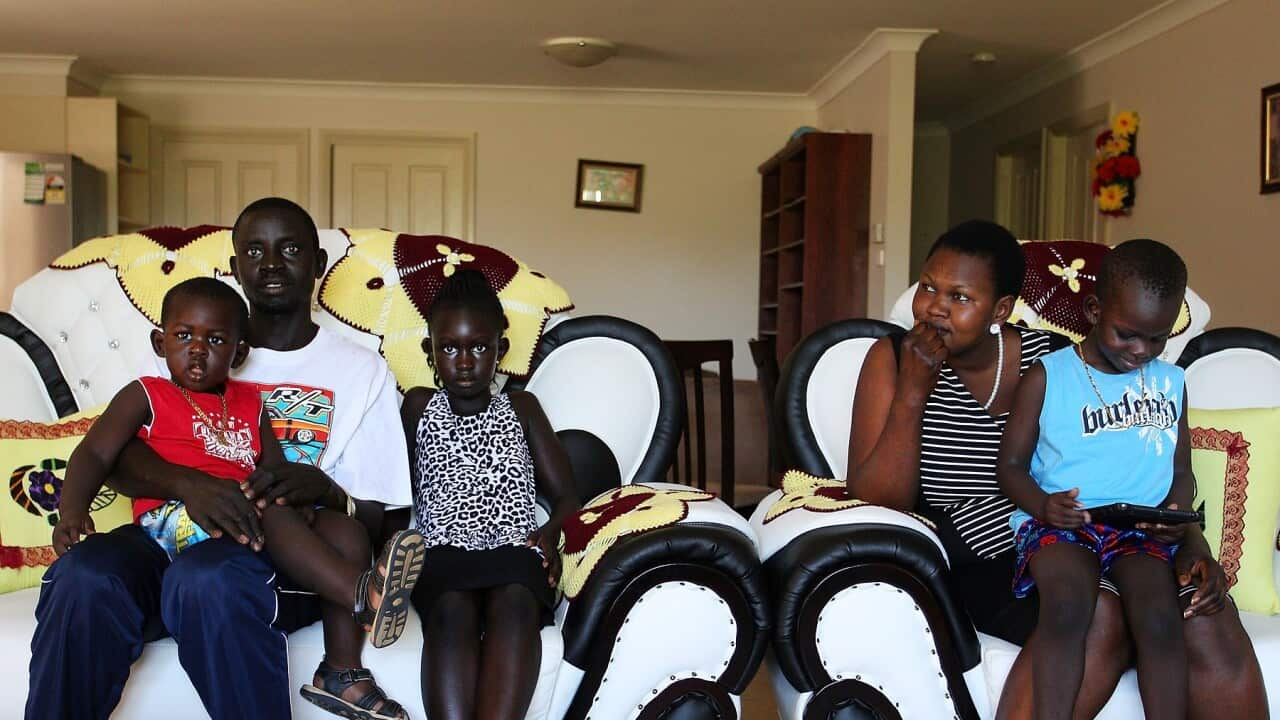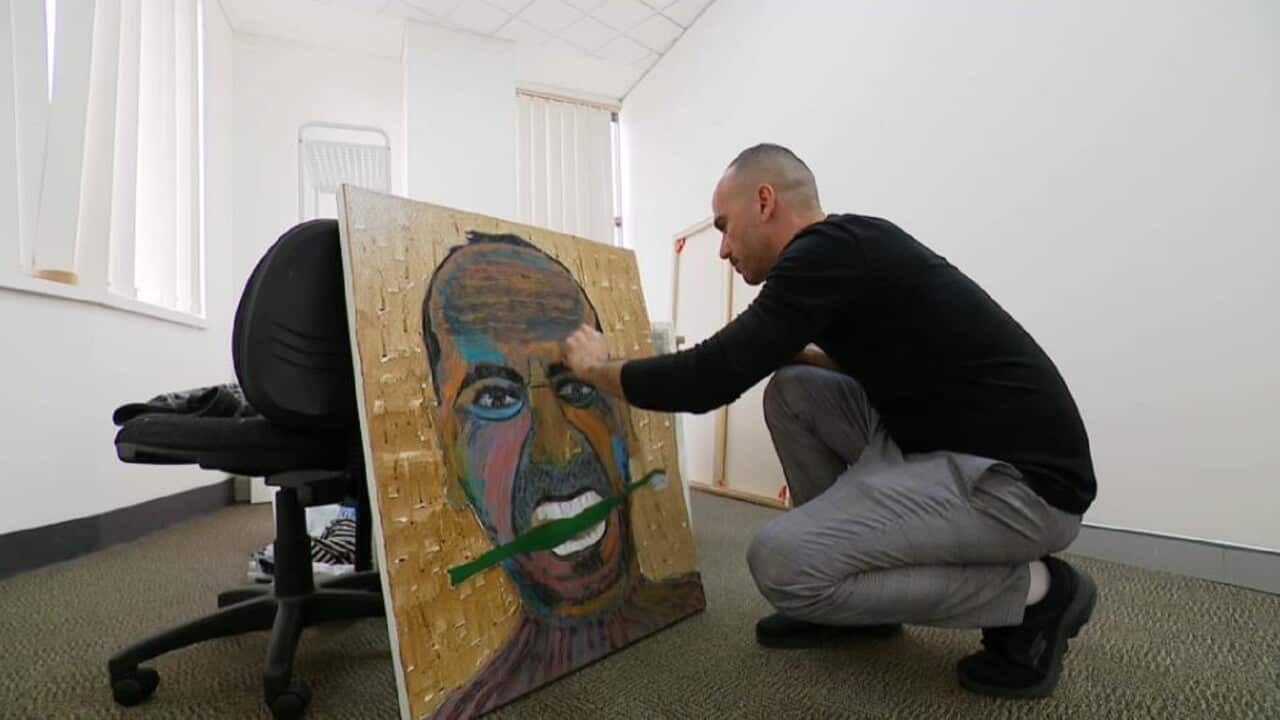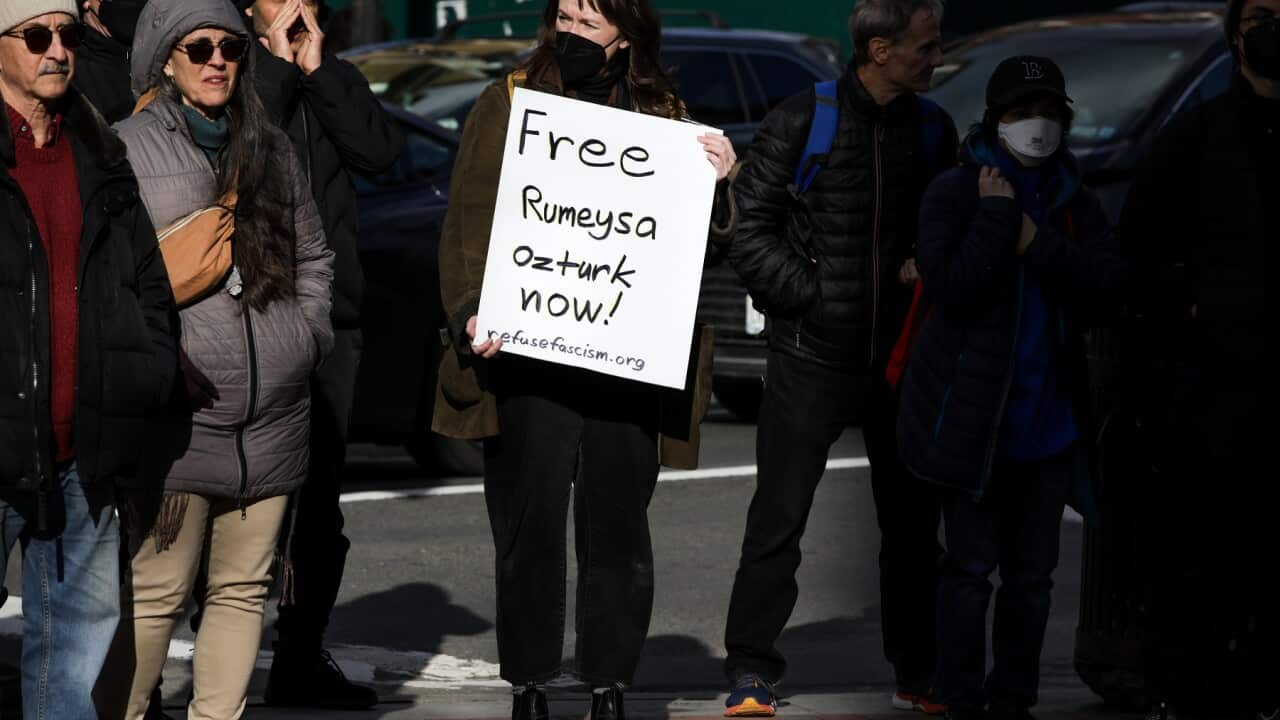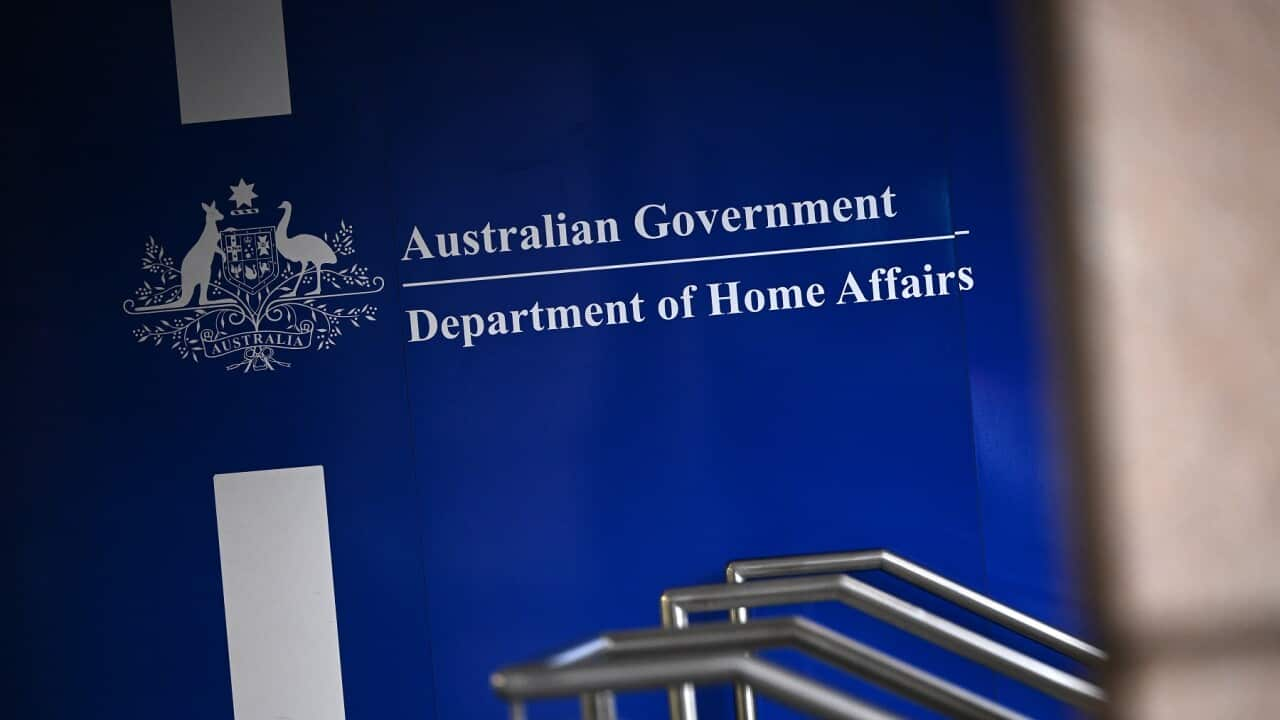TRANSCRIPT
"Sometimes Australia exists in sort of a charade of multiculturalism where we think we've got it right. Everything is going perfectly and everybody is living an equitable and fair life. And what we really see by this report is that there are a number of people who are really suffering and who are being discriminated against and experiencing racism and inequity on a scale that we need to face up to and that we need to address."
Scathing words by Professor Justine Nolan, Director of the Australian Human Rights Institute at the University of New South Wales, and she's not alone.
The United Nations has called on governments around the world to take steps towards protecting the rights of all citizens, following a report which highlighted issues facing African diaspora.
Some of the main problems impacting African-Australians include racial profiling and targeted surveillance, educational challenges and discrimination, and mental health and trauma treatment.
The UN Working Group of Experts of People of African Descent has made more than 100 recommendations to address these hurdles and promote equity.
Noel Zihabamwe, the Executive Director of The African Australian Advocacy Centre, has taken an interest in the UN working group's findings.
"We want the government and the other sectors to work with us in responding to those recommendations. One of the ways is to develop their ongoing collaborative approach with the government, also with other stakeholders in respond to those recommendations."
The centre has a list of its own domestic recommendations it wants to see addressed, including intercultural programs, bridging the gaps in employment and education opportunities, and representation in policy development and decision-making.
Mr Zihabamwe says it is already working to create positive change through various initiatives.
"We also have positive programs ... for example, student Work placement program designed to prepare diverse students for the practical demands of the workforce. We also have Africa Cultural Awareness Program where we do run those programs to raise awareness. Also, people understand what being as an African Australian means. We also have mentors and financial trust programs where we help many members dealing with the mental issues. Also people who may have financial trust issues. So those are the programs that bring hope for the future for members."
Delphine Yandamutso immigrated from Rwanda in 2007, speaking multiple languages and holding two degrees. She says her resettlement in Australia was positive, but she endured racial stereotyping.
"We'll probably get a comment here or something here and there, which I thought maybe were just people being ignorant because someone, you'll be speaking to someone, they'll be like, oh, you speak English, or really like, oh, your English is good. Some kind of those comments. But I thought, I think sometimes we don't pay too much attention to it. But now that I think about it, those was the kind of discriminating or stereotyping kind of comments.'
The UN Report echoes these sentiments.
Professor Justine Nolan says a lot of work still needs to happen to make the country more accepting towards African immigrants.
"The experiences that some people are having in Australia are often overlooked or dismissed or ignored, and particularly in relation to people of African descent in Australia. "
Professor Nolan says targeted assistance and support from the government is vital.
"if a group within our society is experiencing discrimination and racism, then you have to think of special measures that would work, that would target this group, and that would be within their cultural context that will be effective. So I think that's the harder challenge, but I think the report sets out a path to how they would suggest doing that, including some things that are targeted culturally around arts or sports events and linking culture with the targeted interventions. "
Ms Yandamutso also hopes for ongoing collaboration between governments and people of African descent.
"I'm glad that we have opportunities to be giving back to the community. You have opportunities to be giving this feedback because we are the ones who, with these lived experiences, we are the ones with insights from ourselves and from the community. So to be informing the broader society, the broader Australians, or the systems that are, I guess in policy making or decision making, I think it's an amazing opportunity to be having these conversations and to be participating."













